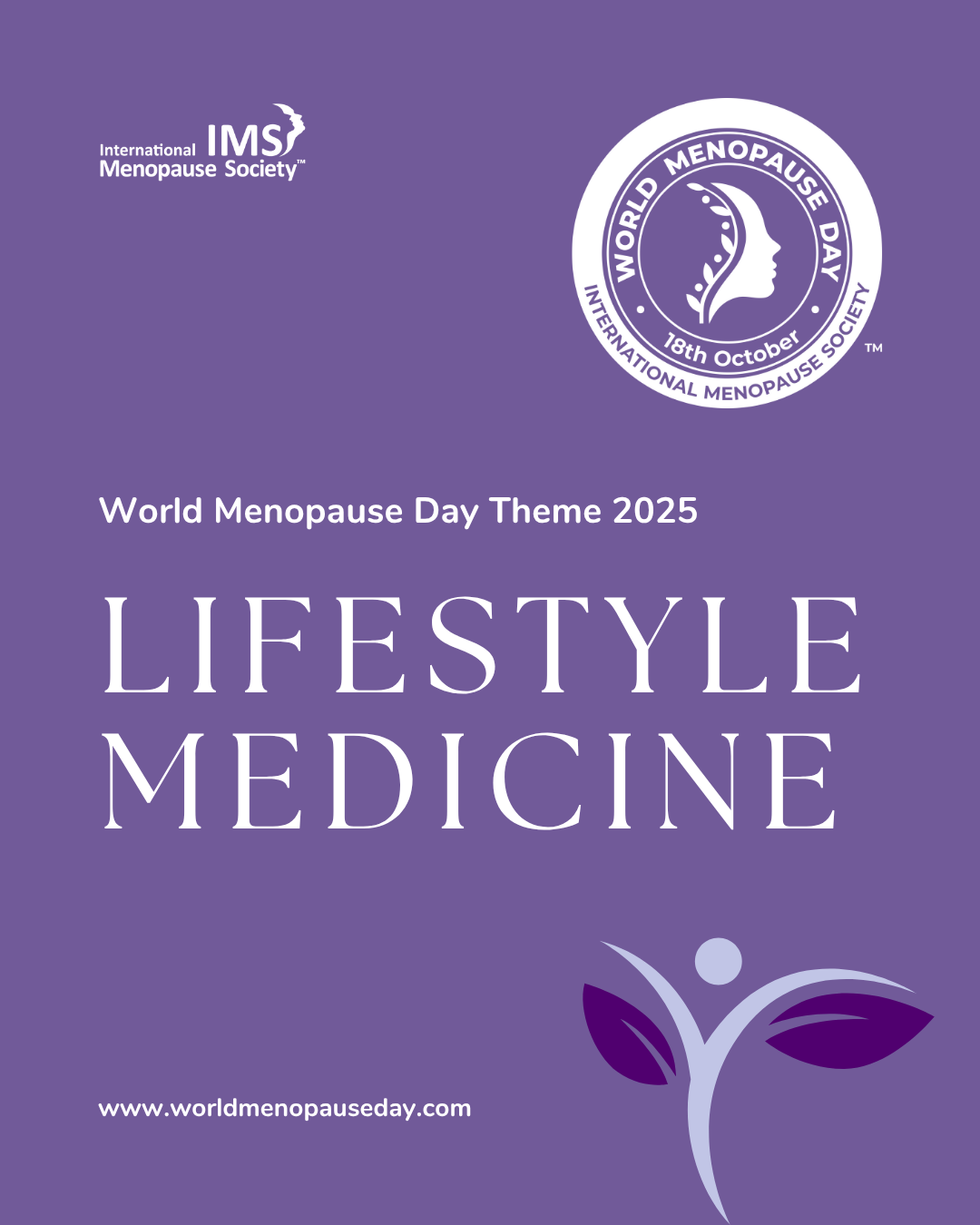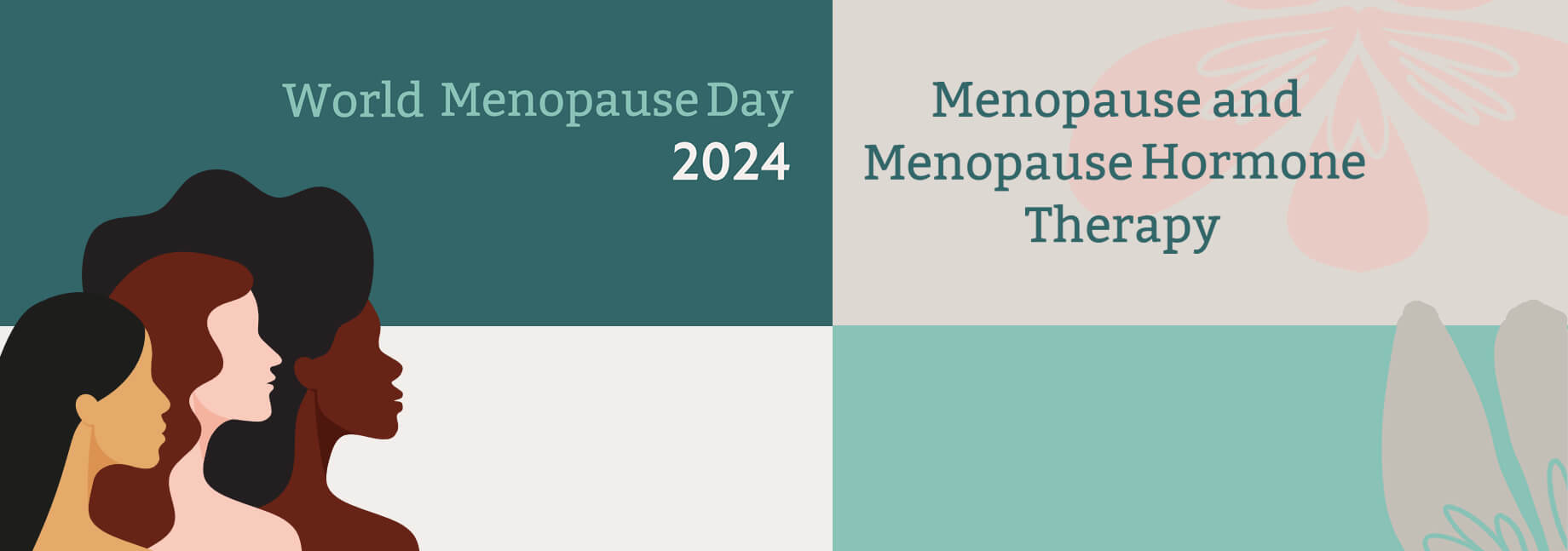World Menopause Day 2021

World Menopause Day is held every year on the 18th October. The purpose of the day is to raise awareness of the menopause and the support options available for improving health and wellbeing. We encourage professionals and women to participate in this global awareness raising campaign by printing and sharing these materials, organising events to engage their communities, and sharing World Menopause Day social media posts.
The theme for World Menopause Day 2021 is Bone Health.
The October print issue of Climacteric includes the Update on bone health: the IMS White Paper. The paper is also available via Climacteric online with free access here.
Osteoporosis and associated fractures present a major challenge in improving global health outcomes. Key clinical aspects are the definition of osteoporosis and associated fractures, fracture risk prediction, stratification of risk of fracture, intervention thresholds and the most appropriate intervention based on integration of aforementioned. Correct understanding and application of these concepts are essential to stem the increasing tide of fragility fractures associated with an aging population. The role of muscle strength and function, sarcopenia, and the newly emerging concept of osteosarcopenia in maintaining bone health are discussed in detail.
The International Menopause Society has commissioned two experts at the forefront of their specialty to define the state of the art in the understanding of this condition, to advise on practical management strategies and to propose future research strategies.
Read more …World Menopause Day 2021
 The Theme for World Menopause Day 2025 is Lifestyle Medicine
The Theme for World Menopause Day 2025 is Lifestyle Medicine



